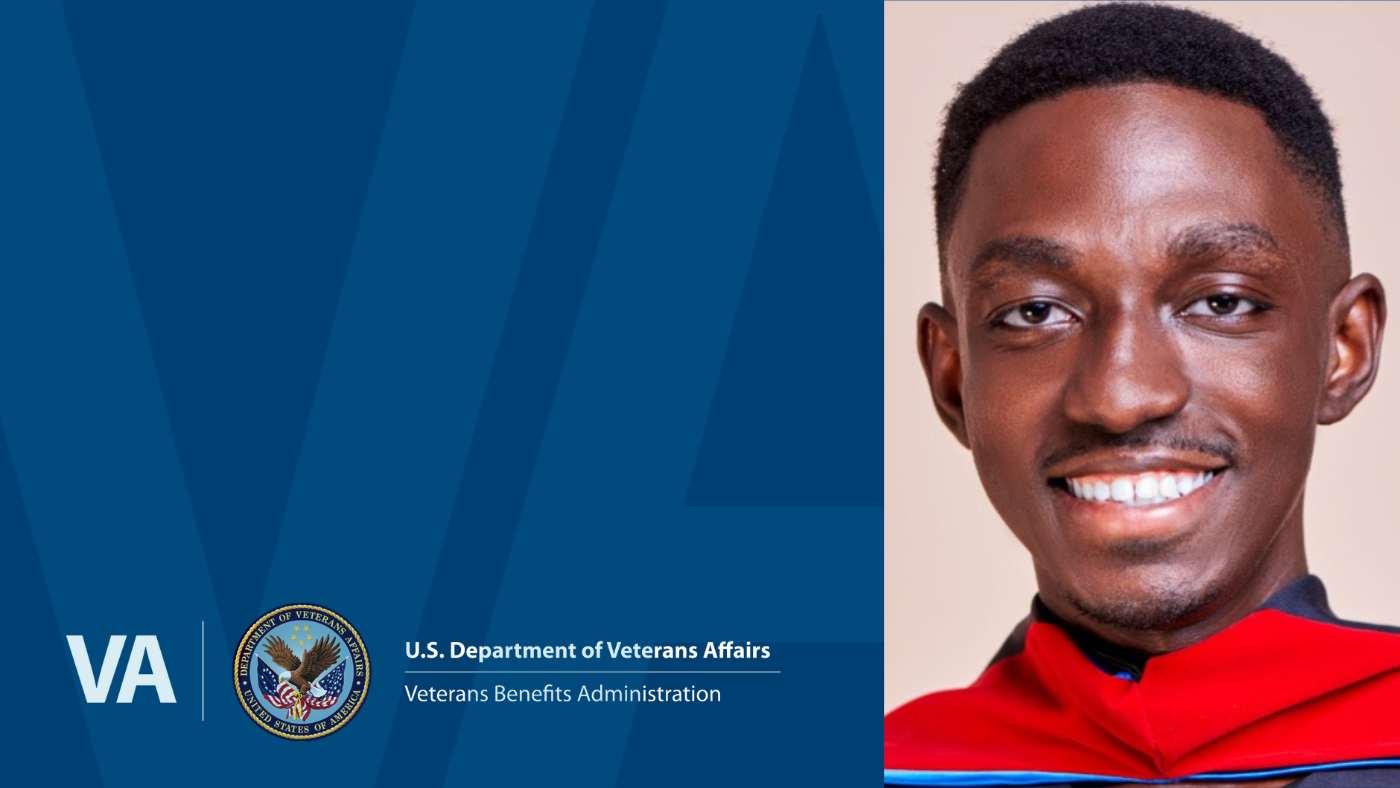Pursuing higher education can be both intimidating and costly, especially for first-generation college students and military service members. However, with access to the right resources and support systems, these challenges can be conquered.
I am a U.S. Army Reserve service member and first-generation college student using the Montgomery G.I. Bill Selected Reserve (MGIB-SR) (Chapter 1606) program and the Defense Department’s tuition assistance.
The Montgomery G.I. Bill offers financial aid for tuition and other educational expenses. To qualify, I had to commit to a six-year obligation with the Reserve. It offers up to 36 months of education and training benefits. The Montgomery G.I. Bill stipend varies depending on factors like the type of education pursued and the duration of service. I received approximately $385 per month during my two-year seminary education at Emory University.
I was also eligible for DoD’s Tuition Assistance, which additionally helps covers the cost of tuition. The assistance provided depends on the type of education pursued and the branch of service. To qualify, I had to be actively serving in the military and fulfill specific service requirements. The application process was simple and the funds were directly paid to my educational institution. In my case, Tuition Assistance also covered the expenses of certain licensure exams, certifications and other related costs (I received around $4,500 per fiscal year).
Navigating the financial aid process wasn’t easy, and neither was finding support and resources, and having to balance school and work. I’m thankful to the mentors, seminary advisors, chaplains and student military services coordinators who guided me along the way. It wasn’t easy, but the journey became more manageable with their help. Through perseverance and determination, I was able to achieve my goal of obtaining a seminary education and fulfilling my call to ministry.
Topics in this story
More Stories
Whether a Veteran files their taxes independently or uses a tax professional, VA encourages Veterans and their loved ones to review the following tips and resources to both help them navigate the tax season with confidence and to avoid tax season scams.
During Data Privacy Week (Jan. 27 - 31), VA is sharing guidance on how Veterans and their beneficiaries can protect their data, especially Personally Identifiable Information (PII).
How much do you know about VA care, benefits and services? Don’t miss out on what you've earned—check out the "2025 VA Federal Benefits Guide for Veterans, Dependents, Survivors, and Caregivers" handbook to learn more.






I too was a first generation college student. Attended California State University and received 2 degrees. Then I switched to Cal Tech (California University of Nuclear Technology) Nuclear Engineering. The Montgomery GI Bill was used for the Cold War, and then for the Vietnam War. Some $350 per month was allotted towards tuition and fees and books. The State of California tuition was very cheep. Worked full time in the aerospace Industry (Los Angeles area) for lodging and food. Hired immediately upon graduation by the Dept of Defense to work in Naval Shipyards building, repairing nuclear ships and submarines. No student loans were involved or needed. A lifelong fulfilling career. Bought a house near the campus on the GI Bill. Sold it after graduation for twice what I paid. Thank you to the GI Bill.